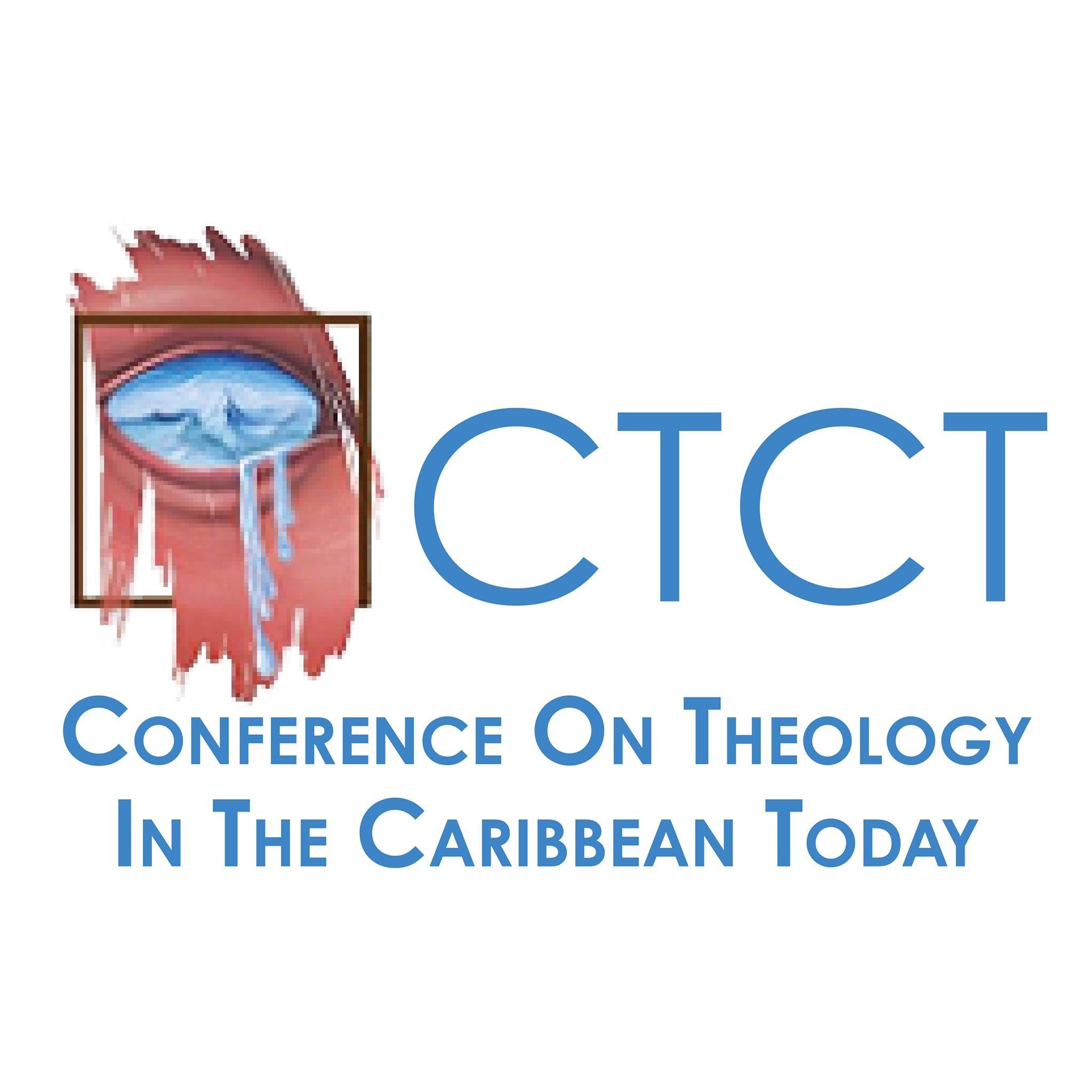Blog Detail
Blog Detail2005 (Suriname)
Being Church in a Plural Society
Rose-Ann walker, Poetry as a Medium for being Church in a Plural Society: Two Articulations
CARIBBEAN THEOLOGY CONFERENCE 2005
«Poetry s a medium for being church in a plural society: two articulations.»
Presenter: S. Rose-Ann Walker, M.A.(English)
While there is a view that the making of a poem is primarily a religious activity, the Caribbean perspective that poetry is, «constantly seeking new breakwaters and unearthing strange harmonies» is the starting point for this presentation. Such paradox of search and encounter facilitates a consideration of the poetry of Marie Ursula Raymond and Jennifer Rahim within the context of theology and nation language, a paradigm that foregrounds the notion of voice and belonging. Seeing that theology «arises out of human lives, conflicts, doubts and dreams» and nation language embraces the history and character of Caribbean voice, this paper contends that the poems of Raymond and Rahim represent ways of speaking about God that bring the ecclesiological concept of being church in a plural society into sharp relief.
To view full paper click button below.
Anna Perkins, En/Gendering Church in a Plural Society: A Jamaican reflection
En/gendering Church in a Plural Society: A Jamaican
Reflection
Anna Kasafi Perkins, PhD Jamaican theologian Theresa Lowe Ching challenges Caribbean Christians to recognise that we are equipped especially by our experiences and specific circumstances and must be committed enough to facilitate the development of appropriate strategies for giving concrete expression to the values and attitudes of the alternate vision which the world [and Church] desperately needs. The specific circumstances of the Caribbean to which Lowe Ching refers have been variously described. Kortright Davis, an Antiguan Anglican theologian, highlights the impact of Euro-American colonisation, which led to persistent poverty, cultural alienation and dependency being endemic factors in the region. This points to a search for true emancipation in the region—Emancipation still comin’—and places the primary focus on the experience of the majority black population whose ancestors were torn from their native land, cut off from ancestral ties and cultural roots and, nevertheless, survived the most inhuman conditions. Similarly, Trinidadian theologian Gerald Boodoo maintains that the specific nature of the Caribbean is rooted in its existence as a «forced context» and a situation of dislocation. This reality of dislocation, particularly forced dislocation, spawns complex relationships and forces people to inhabit multiple worlds and religions, often at the same time. Grappling with such circumstances has made Caribbean people a «strong people, people who are able to live in increasingly pluralist societies.» Boodoo crowns his assessment with the statement that: «in increasingly more ways the rest of the world is becoming more like how we already are» and in so doing he extends the logic of Lowe Ching’s challenge.
Boodoo’s attention to plurality highlights the importance of other voices in the formation of a Caribbean identity without denying the primary place of the African experience in shaping it and the black experience as an important point of reference in the search for true emancipation. Even as Boodoo’s analysis appears to emphasise the discontinuities and brokenness in the experiences of the Caribbean people, his argumentation around a theological method that is open to the experience of dislocation, confrontation, complexity and plurality is important for the attention that it places on the forging of our identity as Church in a process of encounter and engagement that takes seriously the brokenness in our lives and in the lives of others. In order to do this effectively, i.e., to engender a true Church, it is important to en-gender the Church by paying close attention to the lives of those who are voiceless and suffer brokenness both within and outside of ecclesial walls, particularly, women. In so doing the Church can be truly Trinitarian in form and Marian in spirit. Lowe Ching in particular posits that the lack of change in the post-Vatican II Church is the result of the curtailing of women’s creativity and potential in both Caribbean Church and society. She asks: «Is the freeing of women’s potential perhaps the missing link that has prevented, up until now, a real transformation in our ecclesial and societal structures?» The Church’s call to embrace its Trinitarian form in the plurality of the world, incorporating more fully the often-ignored world of women, reverberates in the voices of Caribbean women and men as they talk back.
To view full paper click button below.
